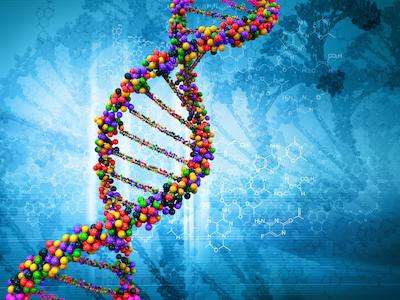Two recent studies suggest that clinicians may one day be able to use genotyping to personalize treatment for opioid addiction. One study associated a rare variant of the gene for the μ-opioid receptor (OPRM1) with a decreased risk for addiction to heroin or cocaine. The other linked variants in two genes—OPRM1 and catechol-O-methyltransferase (COMT), an enzyme involved in the inactivation of dopamine and other neurotransmitters—with reduced severity of neonatal abstinence syndrome (NAS) in newborns who were prenatally exposed to methadone or buprenorphine.

Among the main findings, researchers found that a single nucleotide polymorphism (SNP) within the OPRM1 gene was only half as prevalent among individuals who were addicted to heroin or cocaine compared to the general population (in a European American cohort). The investigators concluded that the allele may protect against the risk for heroin or cocaine dependence.
Other findings linked variants in the OPRM1 and COMT genes to reduced severity of NAS. Infants with these variants required less medical treatment for NAS and were discharged from hospital care sooner than infants with only the adenine allele. These findings are preliminary but may provide insight into the mechanisms underlying NAS.
